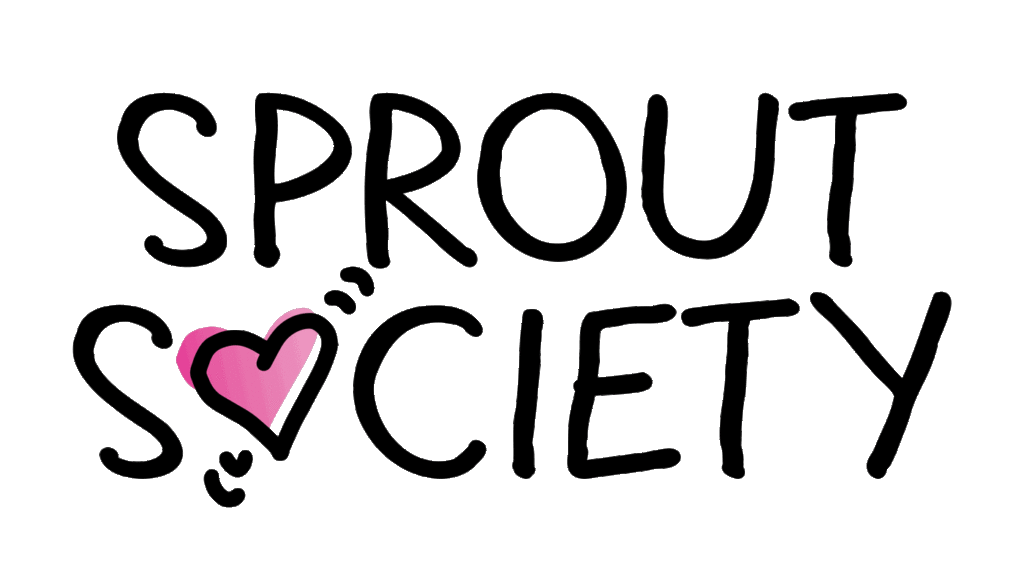Building community through the RJE Foundation.
Sprout Society is for peers, by peers. We believe nobody should go through it alone.
Loneliness is killing us.
Community will save us.
At Sprout Society, we help build community and foster connection for mental wellness. Community and peer support models are proven to be an integral part of the mental health ecosystem, and we’re here to ensure that anyone can access them free of cost.

Loneliness is killing us.
Community will save us.
We provide evidence-based solutions to combat the loneliness epidemic. Through our services, we connect people one on-one, in peer groups and with experts as a part of the larger mental health ecosystem.
ONE:ONE
Empathetic strangers connects people experiencing loneliness with an immediate listening ear.
PEER GROUPS
Peep support groups brings groups of people together who have shared life experiences to foster connection.
EXPERT SESSIONS
Connect to learn sessions bring together larger groups on a weekly basis to learn from experts on topics pertaining to mental wellness.
Loneliness is killing us.
We believe that nobody should suffer through any of life’s hard moments alone. Sprout Society is here to ensure that high-quality support resources are accessible and free of cost.
Join Us
At our group sessions, you can show up as your full self and leave feeling better than when you arrived. Our sessions are led by peers, for peers.
Friday, June 7 6:30 P.m. – 10:00 p.m.
Sprout Society Open House
Join us for an inside look at our Sprout Society space in Bushwick! Food, cocktails, art and entertainment to be provided!
Together we can end loneliness.
of young adults who live with depression do not receive support services.
depression affects over 18 million adults (one in ten) in any given year.
of young people ages 19 to 29 report feeling very or fairly lonely.
Grow with us.
Sign up to get the latest updates and the newest community offerings.

Meet Russell.
In June of 2018 Russell J. Efros, at the age of 25, died from fentanyl poisoning. As friends and family, our hearts were broken and we were desperate for a way to keep his memory alive.
This story is one of grief harnessed into hope – a story of a community coming together to pick up the pieces and clear the pathway for something beautiful to grow.
Through The RJE Foundation, we honored Russell by supporting creatives – we funded 32 artists’ projects and cultivated a community of over 2,000 supporters. Over the years, the community evolved into something bigger than we could have ever imagined.
In response, we launched the Sprout Society – a space where everyone is welcome, where our differences are celebrated and our mental wellness is nurtured.
